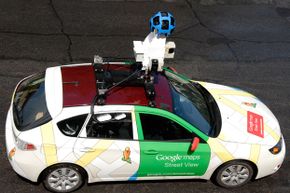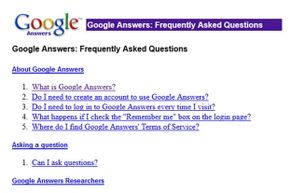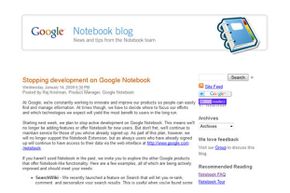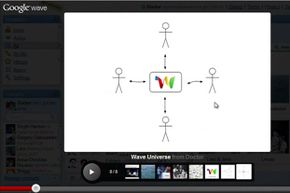The reach of Google, its omnipresence -- from software to hardware to personal search results to location metrics to blog publishing -- has become a fact of life as quickly as the Internet has grown and changed, finding its way into our daily lives at every turn. As tablets and smartphones bring internet connectivity into our everyday experiences, keeping us closer than ever to our information, Google has followed. Its Android OS, in less than a decade, has become industry standard for the new guard of the pervasive Web. As we know, this is due to both Google's in-house concentration on innovation and also canny, even prescient acquisition of smaller, promising startups.
Google is very good at sniffing out the future, and bringing it to us in the most useful possible way -- until its products are so seamlessly transitioned into the toolbox we might wonder what we ever did before them. But that "throw everything at the wall" approach, even integrated with Google's focus on user experience, can't win every time. The probability just doesn't hold up under that massive amount of experimentation and open-handed approach. This rolling journey of debuts and re-absorptions has become the new norm: Everything is in beta-testing, all the time. Lose a Google product you love, and chances are you'll see the features that struck your fancy show up in something else soon.
Advertisement
In this article, we'll look at a variety of these "failures," across this spectrum. Some projects are simply failed analogues to products we still use today; others turn up piecemeal in different forms. In fact, Google has shown us a great deal about the nature of online development, experimentation, and innovation itself -- and that mistakes, properly recuperated back into the experiment, aren't really mistakes at all.










